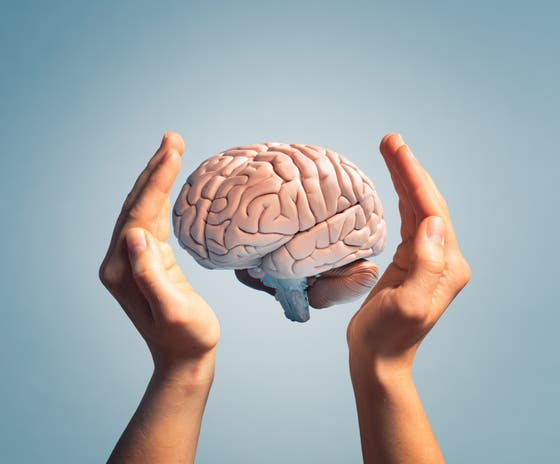Apr 14: Antiretroviral drugs may impair cognitive function in people with HIV

Some types of antiretroviral therapy – in particular those containing efavirenz as an active ingredient – have a negative effect on cognition in patients with HIV. Discontinuing of this drug can significantly improve cognitive functioning in these patients, as was concluded in the PhD research by Charlotte Hakkers at UMC Utrecht.
Problems with cognitive functioning are common in people with HIV-infection, and are summarized under the ‘umbrella term’ HIV Associated Neurocognitive Disorder (HAND). Much is still unclear about its cause, the best way to diagnose and how treat it. The aim of the PhD thesis of Charlotte Hakkers (Department of Infectious Diseases, UMC Utrecht) was to explore the shape and size of neurocognitive impairment as comorbidity to HIV infection, investigate existing and novel diagnostic options, and to look into the role of combination antiretroviral therapy.
Effects of anti-HIV medication
In the ESCAPE study, Charlotte Hakkers and co-workers demonstrated that anti-HIV medication (most notably efavirenz) can have a negative effect on cognition, even in patients that do not overtly experience such effects. Discontinuation of efavirenz appeared to improved cognitive function. Finally, efavirenz blood levels were inversely correlated with cognition scores.
Moreover, in another, nation-wide study, newer anti-HIV-medications such as dolutegravir showed to have a higher rate of cognitive side-effects than previously thought. Furthermore, Hakkers found that cognitive problems are seen frequently in HIV-patients, in Western as well as non-Western populations.
Diagnosis
Diagnosing HAND is performed with a neuropsychological assessment, which is time-consuming and expensive, and relies heavily on proper and comparable normative data. That is why there is a need for short screening tools and/or biomarkers. The MoCA basic, a short language- and culture-neutral screening test, was found not to be useful in a South-African rural population. Moreover, neurofilament light, a biomarker measured in plasma, did not have a reliable correlation with cognitive tests. However, research using functional MRI to test for cognitive decline in HIV-patients showed promising results. The fronto-striatal system seems to be affected most. Lastly, a step-by-step protocol for patients that screen positive for HAND in the outpatient clinic was proposed, and a cognitive rehabilitation program was described.
HIV-associated neurocognitive disorder
HIV-associated neurocognitive disorder (HAND) is used to describe neurodegenerative disease in people with HIV and may affect more than 30 percent of people with HIV, regardless of virological suppression. The central nervous system (CNS) acts as a reservoir for HIV with neuronal damage occurring both at the time of initial HIV infection and throughout the chronic phase. Cognitive impairment is the most common CNS complication in people with HIV. There are three categories of HAND, each associated with an increasing level of impairment: (1) asymptomatic neurocognitive impairment (prevalence 30 percent), (2) mild neurocognitive disorder (prevalence 20-30 percent), and (3) HIV-associated dementia (prevalence 2-8 percent).
PhD defense
Charlotte Hakkers (1986, Sleeuwijk) defended her PhD thesis on April 14, 2022 at Utrecht University. The title of her thesis is “HIV and the brain – Cognitive comorbidities and complications in hiv infection and treatment”. Supervisor was em. prof. dr. Andy Hoepelman and co-supervisor was dr. Joop Arends (both Department of Infectious Diseases, UMC Utrecht). In September 2021, Charlotte started her residency in internal medicine at UMC Utrecht.
